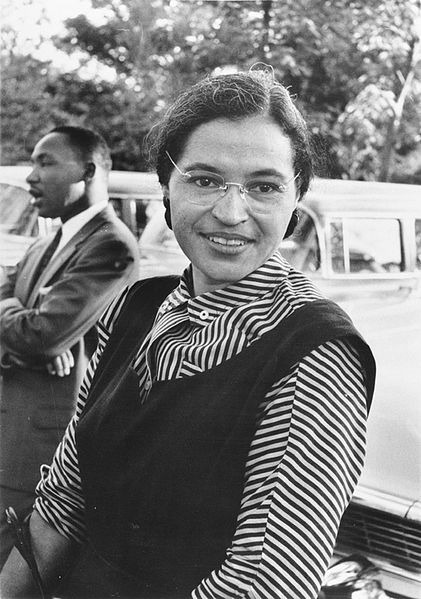John Adams (1735 - 1826)
John Trumbull's famous painting 'Declaration of Independence' shows Adams at the centre with his hand on his hip
October 30th 1735: John Adams born
On this day in 1735, the American Founding Father John Adams was born in Quincy, Massachusetts. A direct descendant of Puritan settlers from the Massachusetts Bay Colony, Adams was educated at Harvard University and became a lawyer. Adams long held reservations about British colonial rule, but raised eyebrows when he defended British soldiers accused of killing civilians in the 1770 Boston Massacre. He played an active role in the American Revolution as a representative at the First Continental Congress in 1774 and helped draft the Declaration of Independence in 1776. Adams was also one of the delegates sent to Paris to negotiate the end of the war with Britain. In 1789 Adams was nominated for the American presidency but came second to George Washington and, per Constitutional provisions at the time, became Vice-President. He served as Washington’s Vice-President for the duration of his two terms and after Washington left office Adams ran for President of his own accord. Adams won the election and became the second President of the United States. As President, Adams successfully kept the United States out of the ongoing European war with France. However the public supported the war and Adams lost his 1880 re-election campaign to Thomas Jefferson. Adams then retired from public life and died on July 4th 1826, the 50th anniversary of American independence, the same day as his friend Jefferson. Adams’s son John Quincy became the sixth President in 1825.

